If your car’s abs light on but no codes, it can be unsettling, especially if the onboard diagnostic system isn’t showing any codes.
This blog post will cover some common reasons why the Abs and Brake Light on But No Codes, even if no diagnostic trouble codes are present.
We’ll also discuss what you can do to troubleshoot the problem and determine if you need to take your car to a mechanic.
Possible Cause: The ABS light could be triggered by damaged wires or faulty front sensors. The issue may be intermittent, and scanning when the light is on is crucial. Loose connections, especially at the ABS pump assembly, could be a culprit.
Suggested Action: Check for damaged wires or sensors. Scan the vehicle whenthe ABS light is illuminated. Verify the ABS control module’s functionality and consider swapping it if needed.
Here In the below image You Can see the proof 👇, one of our reader who fixed his abs light on but no codes problem by using our method this issue was due to damaged wires he replaced his front sensor wires and the issue got fixed! 😍

If the ABS warning light in your vehicle turns on, it indicates a problem with the brakes. The warning indicator will stay on continuously, regardless of how you interpret the reading. Resetting the anti-lock brake system may be a helpful solution to address the issue.
Table of Contents
Possible Causes of ABS and Brake Lights Turning On:

| Possible Cause | Description |
|---|---|
| Low brake fluid | The brake fluid reservoir is located under the hood of your car. If the level of brake fluid is low, it could be a sign of a leak or a problem with the brake system. |
| Faulty wheel speed sensor | The wheel speed sensor is a component of the ABS system that helps to determine the speed of each wheel. If the sensor is faulty, it could cause the ABS light to turn on. |
| Bad ABS module | The ABS module is the computer that controls the ABS system. If the module is bad, it could cause the ABS light to turn on. |
| Worn brake pads | Brake pads wear down over time and need to be replaced. If the brake pads are worn down too much, it could cause the ABS light to turn on. |
| Clogged brake lines | The brake lines are the tubes that carry brake fluid from the master cylinder to the calipers. If the brake lines are clogged, it could cause the ABS light to turn on. |
| Brake fluid contamination | Brake fluid can become contaminated with water or other fluids, which can cause the ABS light to turn on. |
| Brake system damage | If the brake system is damaged, it could cause the ABS light to turn on. This could be due to a collision, a manufacturing defect, or other factors. |
1. Damaged wheel bearing:
A damaged wheel bearing can cause the ABS and brake lights to turn on. The wheel bearing is responsible for the smooth rotation of the wheel and any damage to it can create a problem with the ABS system.
2. Low Brake Fluid Levels:
Can Low Brake Fluid Cause Abs Light to Come On? Yes, Low brake fluid levels can also cause the ABS and brake lights to turn on.
If your brake fluid is low, it can indicate a leak somewhere in the system or that your brake pads are worn down and need to be replaced.
Additionally, a failed master cylinder can also cause this abs light no code issue.
What You Can Do:
First, check the brake fluid level to see if it’s low. If it is, you should refill it immediately and then monitor the level for a few days to see if it drops again. If it does, there may be a leak in the system, and you’ll need to take your car to a mechanic.
Additionally, you can check the wheel bearings and speed sensors for any visible damage or wear and tear.
3. Broken wire in the wheel’s speed sensor:
Another potential cause of the ABS and brake lights turning on is a broken wire in the wheel speed sensor.
The sensor can become damaged due to wear and tear or corrosion, leading to a loss of communication with the ABS system. If this happens, it can trigger both warning lights to illuminate.
4. Failing Wheel Speed Sensors:
Failing wheel speed sensors are another possibility. These sensors measure the rotational speed of each wheel and send that information to the ABS system to determine if any wheels are locking up during braking.
If a sensor fails, it can cause the ABS and brake lights to turn on even if there is no issue with the brakes themselves. In this case, you will need to replace the faulty sensor.
5. Poor battery voltage:
Another, poor battery voltage can cause the ABS and brake lights to turn on. If your car’s battery is weak or failing, it may not provide enough power to the ABS system, causing a malfunction.
You can check your battery’s voltage with a multimeter to see if it’s within the recommended range. If it’s not, you may need to replace the battery.
6. Malfunctioning ABS Module:
Another cause is a malfunctioning ABS module can also cause both warning lights to turn on. The ABS module is responsible for controlling the entire ABS system and if it’s not working correctly, it can cause the warning lights to illuminate.
If this is the case, you should take your car to a mechanic as soon as possible for diagnosis and repair.
7. Faulty Brake Light Switch:
A faulty brake light switch can also cause the ABS and brake lights to turn on. The switch is responsible for turning on the brake lights when you press the brake pedal.
If it’s not working correctly, it can affect the ABS system and cause both warning lights to come on.
To troubleshoot this issue, check if your brake lights are working correctly when you press the pedal. If they’re not, you may need to replace the switch.
8. Defective anti-lock brake system module:
If you’ve tried all of these troubleshooting steps and the ABS and brake lights are still on, it’s possible that there is a defective anti-lock brake system module.
This is a more advanced anti lock brake warning light issue that requires professional diagnosis and repair. Don’t ignore the warning lights: if there is an issue with your brakes, it can be dangerous to continue driving your car.
Take your vehicle to a trusted mechanic as soon as possible to get it checked out.
Remember, regular maintenance and inspections can prevent many of these issues from happening in the first place, so make sure to keep up with recommended service intervals for your vehicle.
Can I Clean Abs Sensor With Brake Cleaner? Shocking Results!
How to Troubleshoot the Abs Light on But No Codes?

Check the Brake Fluid Level:
If all the above troubleshooting steps have been followed and still no codes are appearing, it’s possible that there is a problem with the ABS system itself.
In this case, you should take your car to a mechanic who has experience working with ABS systems. They will be able to perform advanced diagnostics to determine the root cause of the issue.
It’s worth noting that some older vehicles may not have the capability to store ABS codes in their computer systems, which can make troubleshooting more difficult.
Inspect the Wheel Speed Sensors:

Inspecting the wheel speed sensors should be one of the first steps in troubleshooting ABS and brake lights coming on without codes.
You can visually inspect them for any damage or corrosion, and test them using a multimeter to measure their resistance. If a sensor is faulty, you will need to replace it.
It’s important to note that sometimes the sensors may appear to be working correctly, but still be giving inaccurate readings to the ABS system. In this case, advanced diagnostics may be required to pinpoint the issue.
Test the ABS Module:

If the wheel speed sensors and battery voltage are ruled out, testing the ABS module is the next step in troubleshooting. The module can be tested using a scan tool or code reader to read any stored fault codes and access live data from the system.
If there are no fault codes present but there is a problem with the module, it may need to be replaced or reprogrammed.
It’s important to note that a malfunctioning ABS module can also cause issues with other systems in your vehicle, so it’s important to address this issue as soon as possible.
Check the Brake Light Switch:
If the brake light switch is not functioning properly, it can cause the ABS and brake lights to turn on without any codes. You can test this by checking if your brake lights are working correctly when you press the pedal.
If they’re not, you may need to replace the switch. It’s important to address any issues with your braking system as soon as possible, as driving with warning lights on can be dangerous.
Regular maintenance and inspections can also prevent many of these issues from happening in the first place, so make sure to keep up with recommended service intervals for your vehicle.
By following these troubleshooting steps and seeking professional help if needed, you can get to the root cause of the issue and ensure that your vehicle’s braking system is working correctly.
Can You Bump Start a Diesel? (We Tried it & Shocking Results!)
I would highly recommend you to watch this video to fix this issue:
How do you reset abs and brake light?
To reset the central computer of your car, follow these steps.
If you do not have an ODB code reader, take the car to a mechanic for professional diagnosis and repair.
Why is my ABS light on but brakes are fine?
If you’re driving and suddenly notice that your ABS light is on but your brakes seem to be working fine, it’s important that you don’t ignore this abs light on but no fault codes warning sign.
The ABS light is an indicator that there is an issue with your vehicle’s anti-lock brake system, which is designed to prevent your wheels from locking up during hard braking. Try to inspect your front sensor Wiring.
While your brakes may seem to be working fine now, if the issue is not addressed, your brakes may fail when you need them most. This means that you could be putting yourself and others on the road in danger.
It’s important that you take your vehicle to a qualified mechanic as soon as possible to diagnose and fix the issue. Remember, your brakes are now on their own and you are too, so don’t take any chances with your safety on the road.
Bubbles On Oil Dipstick (5 Causes And 100% Solutions)
Is it safe to drive with abs and brake light on?
If you notice that the ABS and brake light on your vehicle are on, it is crucial that you do not continue driving. This is a clear indication that there is a problem with your brake system, and it is no longer safe to operate your vehicle.
The ABS (Anti-lock Braking System) and brake lights are warning signals that there is a malfunction in your braking system, which could lead to a total brake failure.
Ignoring these anti lock brake system no code warning signs could result in a serious accident, causing harm to yourself and other road users.
It is advisable to immediately park your vehicle and have it inspected by a professional mechanic.
The mechanic will diagnose the abs light is on but no codes problem and suggest the necessary repairs needed to ensure your vehicle is safe to drive. Remember, the safety of yourself and others on the road should always be your top priority.
Can Worn Brake Pads Cause Abs Light to Come On?
Worn brake pads typically do not directly trigger the ABS (Anti-lock Braking System) light. The ABS system is primarily concerned with monitoring wheel speed and preventing wheel lock-up during braking.
However, if brake pad wear is severe and affects the overall braking system, it could indirectly lead to issues that trigger the ABS light.
It’s advisable to inspect both the brake pads and the ABS system to address any potential concerns related to the ABS light. Consulting with a qualified mechanic for a thorough diagnosis is recommended.
Abs and Brake Light on But Brakes Work Fine:
When both the ABS (Anti-lock Braking System) and brake warning lights are illuminated, but the brakes are working fine, it could indicate a potential issue with the ABS system itself rather than the primary braking function.
Possible abs and brake light on but brakes work fine causes include:
It’s recommended to have the vehicle inspected by a qualified mechanic to diagnose the specific issue.
A diagnostic scan can retrieve error codes from the vehicle’s computer, providing more insight into the root cause of the ABS and brake warning light illumination.
When to Take Your Car to a Mechanic?
- If the ABS and Brake Lights Still Won’t Turn Off
- If You’re Not Comfortable Diagnosing the Issue Yourself
- If You’re Experiencing Other Symptoms
If you’ve tried troubleshooting the abs light on no codes on your own and they still won’t turn off, it’s time to take your car to a mechanic.
An experienced mechanic will have the knowledge and tools necessary to diagnose the issue and make any necessary repairs.
Additionally, if you’re not comfortable diagnosing the abs light but no codes issue yourself, it’s always best to seek professional help to avoid making the problem worse.
Finally, if you’re experiencing other symptoms such as strange noises or difficulty braking, it’s important to take your car to a mechanic as soon as possible to avoid any potential safety hazards.
Remember, regular maintenance and inspections can prevent many issues from happening in the first place, so make sure to keep up with recommended service intervals for your vehicle.
Conclusion and final thoughts 💭
If you’re seeing the abs light on no codes, there’s likely an issue that needs to be addressed.
With the information outlined in this blog post, you should have a better idea of why the lights might be turning on and what you can do to troubleshoot the problem.
Remember, if you’re not comfortable diagnosing the issue yourself, or if you’re experiencing other symptoms, it’s always best to take your car to a mechanic.
Latest Posts:
- Can WD-40 Remove Scratches on Cars? (Hint: Yes, but…)
- Can You Use a Drill to Polish Your Car? (We Tried it Out!)
- Should You Cover Car Scratches With Stickers? (REVEALED!)
- Buick Service Stabilitrak: (Causes & 100% Guaranteed Fix!)
- Common Holden Trax Problems (Causes & 100% Proven Fixes!)
- Jeep Commander Transmission Over Temp: (Guaranteed Fix!)

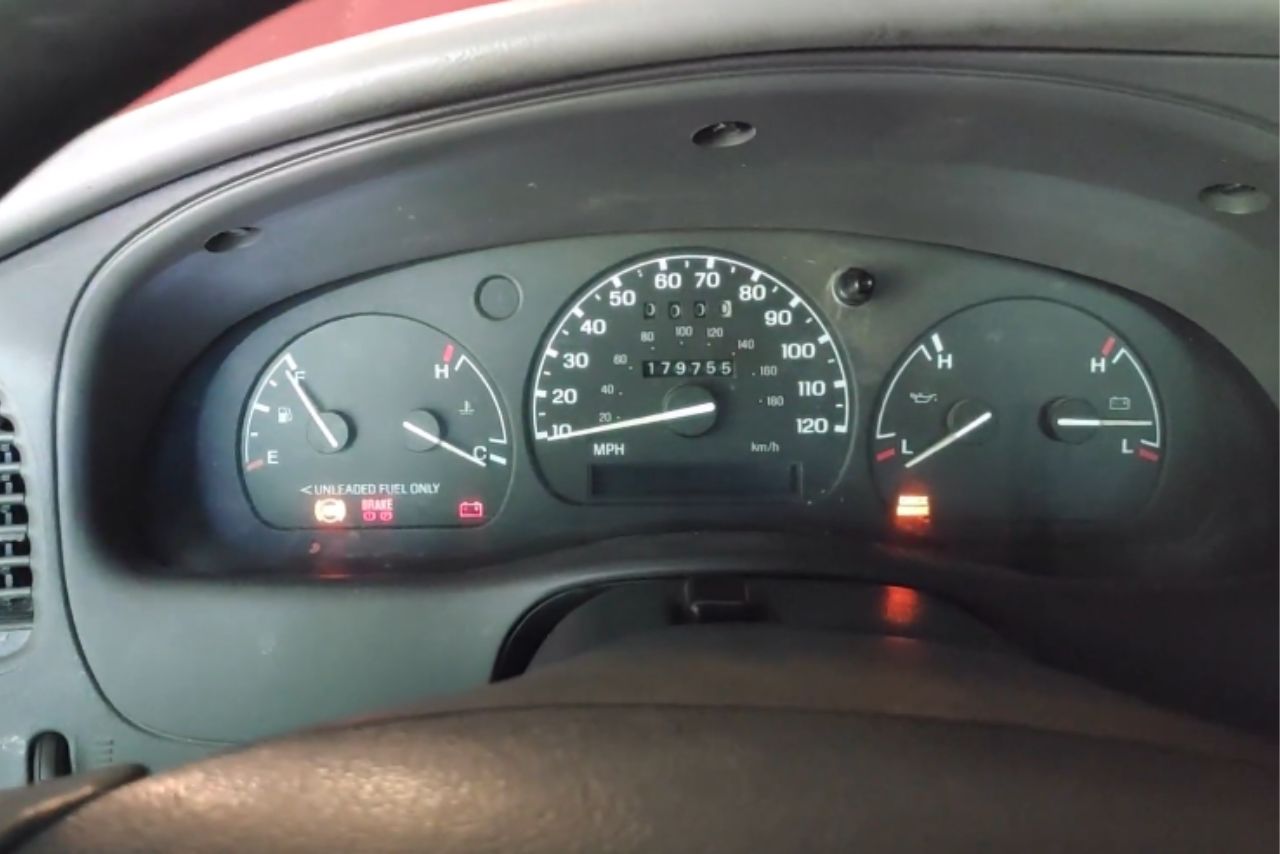



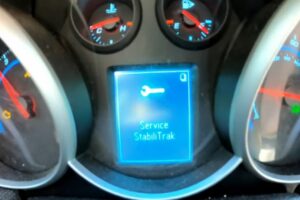

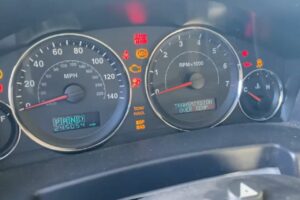
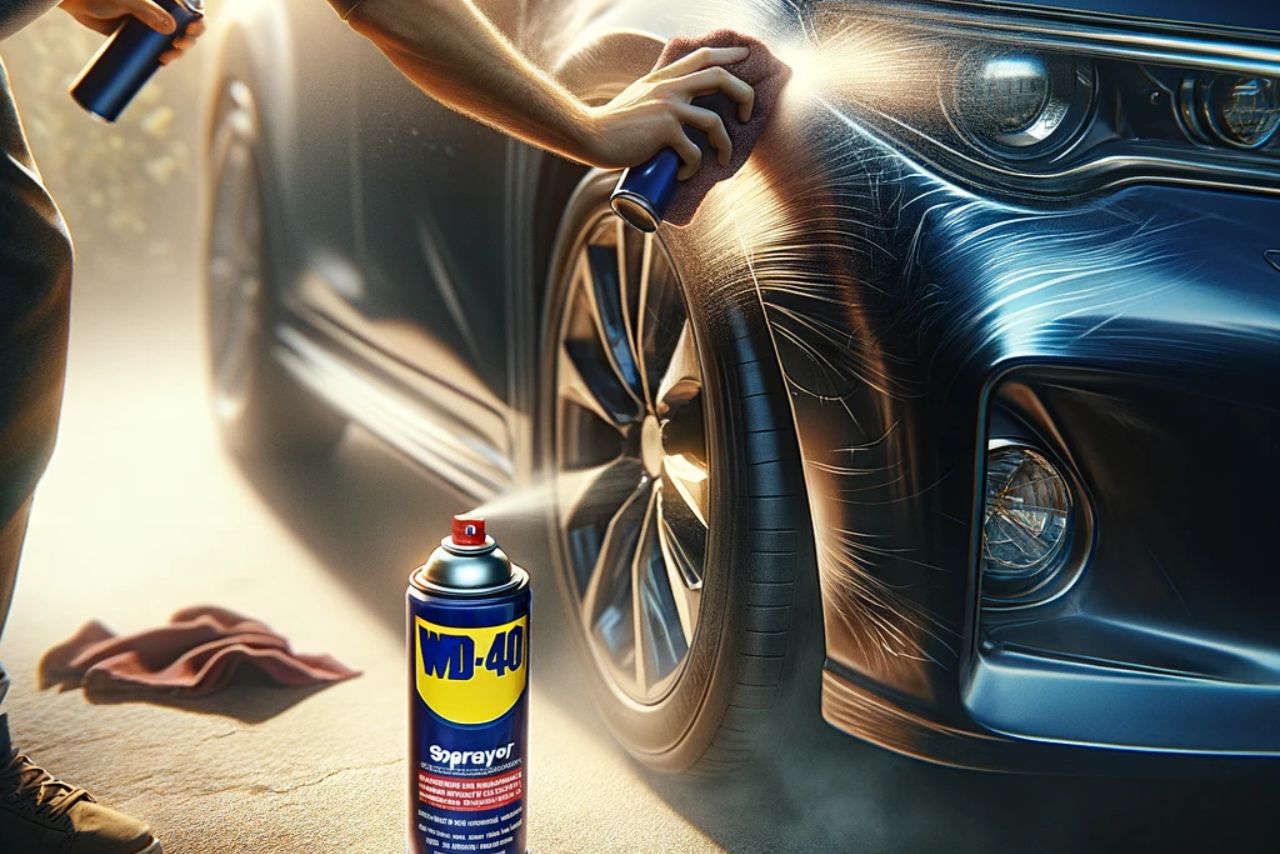
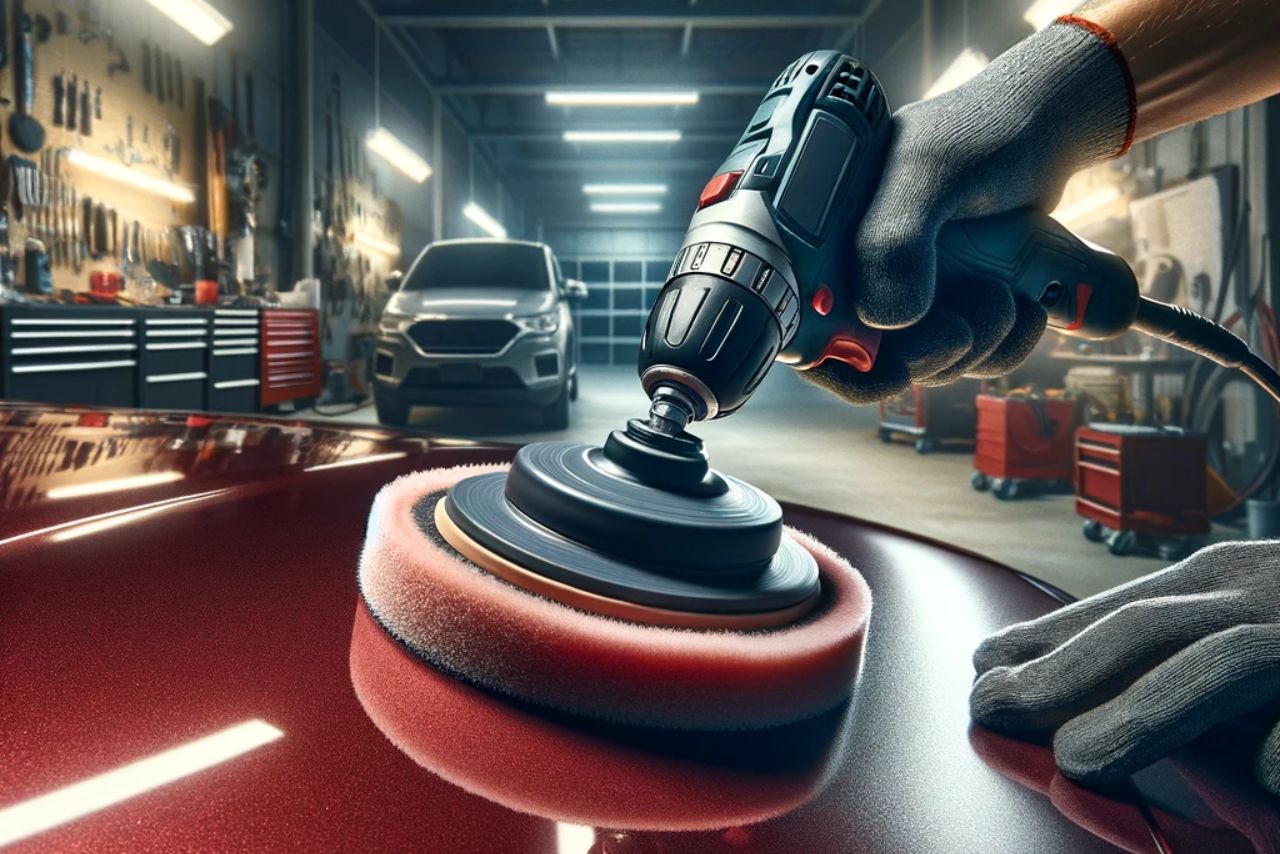
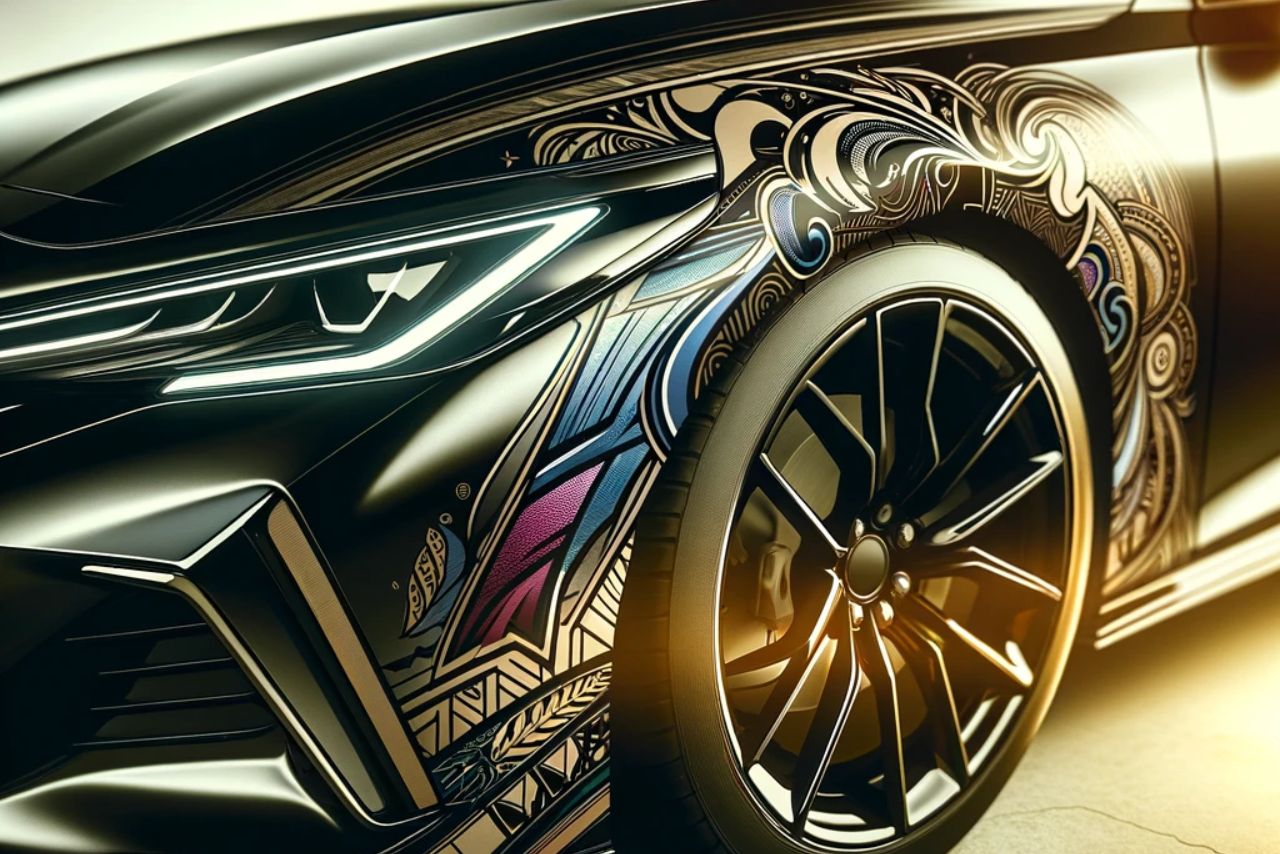
Leave a Reply